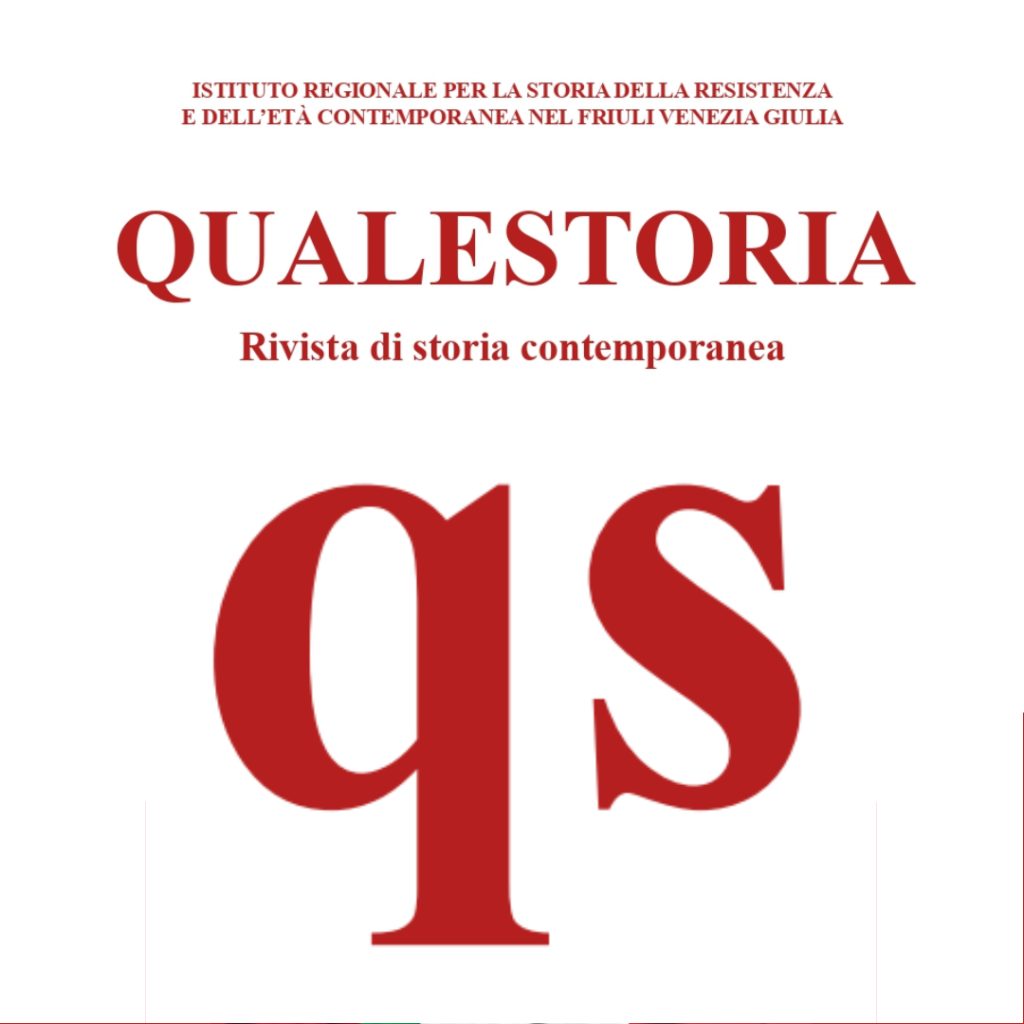 Reconsidering Stagnation. International Workshop
Reconsidering Stagnation. International Workshop
University of Amsterdam
30-31 March 2012
How stagnant and uniform was “stagnation”? Is it possible to identify social and cultural trends that run counter to the “stagnation” narrative? Did contemporaries see themselves as living through stagnation? And if so, what accounts for Brezhnev’s popularity in present-day Russia and the widespread view of the Brezhnev era as the golden age of Soviet history?
The purpose of this workshop is to bring together scholars working on the Brezhnev era and rethink the narrative that views it as a long period of stagnation, particularly in the realms of Soviet society and culture. After the conclusion of the workshop we plan to publish an edited volume or an academic journal issue with the workshop presentations. Therefore we are looking for participants who would be able to present original research that has not yet been published elsewhere.
Day 1-Bungehuis, Spuistraat 210
10:00 AM
Introduction – What we talk about when we talk about “stagnation”.
Artemy Kalinovsky (UvA)
Dina Fainberg (Rutgers)
11:00-12:30 – 1. Ideological Changes and Mobilisation Chair: Marc Jansen (UvA)
Polly Jones (Oxford University): The Fire Burns on? The Fiery Revolutionaries series, and the last Soviet generation of writers and readers
Victoria Smolkin-Rothrock (Wesleyan University): Utopia’s Orphans: Soviet Atheists and the Spiritual Crisis of Late Soviet Communism
Svetlana Savranskaya (George Washington University): Dissidents In The Stagnation Period–Making Human Rights Discourse Part Of The National Agenda
12:30-1:30 Lunch
1:30 to 3:00 pm – 2. Everyday Life, Mobility, and Travel Chair: Otto Boele (Leiden)
Alexandra Oberlander (University of Bremen): “What sort of stagnation can there be when your entire life is wrapped up in work?”: A Cultural History of Work in the Brezhnev Era.
Lewis Siegelbaum (Michigan State University): People on the Move during the “Era of Stagnation”
Christian Noack (UvA): Brezhnev’s “Little Freedoms”, or: Tourism, Individuality and Mobility in the late Soviet Period
3:15- to 5:00 pm – 3. East and West: exchange, imagination, and competition Chair: Michael Kemper (UvA)
Simo Mikkonnen (University of Jyväskylä, Finland): Dynamic Developments: Soviet Transnational Networks with the West under Brezhnev
Courtney Doucette (Rutgers University): Norton Dodge in Lianozovo: Transnational Collaboration and the Making of the Unofficial Soviet Artist
Steven Harris (University of Mary Washington): “The Supersonic Seventies: Aeroflot and Pan Am in the Brezhnev Era.”
Day 2 (University Library, Singel 425)
10:00-11:30 am – 4. Economic Thought and Technological Development Chair: Artemy Kalinovsky (UvA)
Sari Autio Sarasmo (Aleksanteri Institute, Finland): East-West interaction and the Soviet Union during the Brezhnev leadership
Timothy Nunan (Oxford University): Soviet Development Thought and the “Central Asian Consensus,” c. 1917-1982
Anna Geltzer (Cornell University): The Wild West in the Communist East: Soviet anti-cancer drug development in the Brezhnev era
12:00-1:15 pm – 5. Stagnation on Screen: Past and Present Chair: Christian Noack (UvA)
Andrey Shcherbenok (St. Petersburg State University): Everything Was Over before It Was No More: Decaying Civilization in Late Stagnation Cinema
Otto Boele (Leiden University) The Glamour of Stagnation. Brezhnev and Galina in Contemporary Russian Film
1:15-2:30 Lunch
2:30-4:00 pm – 6. Popular Culture Chair: Dina Fainberg (Rutgers)
Serguei Oushakine (Princeton University): The Grotesque of the Typical: Masking Jokes in Soviet Comedy
Julian Fürst (University of Bristol): When you come to Moscow, make sure that you have flowers in your hair (and a bottle of portwine your
pocket): The Life and World of the Soviet Hippies under Brezhnev
Anna Fishzon (Williams College): Re-Animating Stagnation: the Magical Times and Spaces of late-Soviet Children’s Culture
4:15-6:00 pm – 7. Closing Panel: Remembering Stagnation
Stephen F. Cohen, Louis Siegelbaum, Svetlana Savranskaya
For further information: http://stagnation.historylounge.com/












